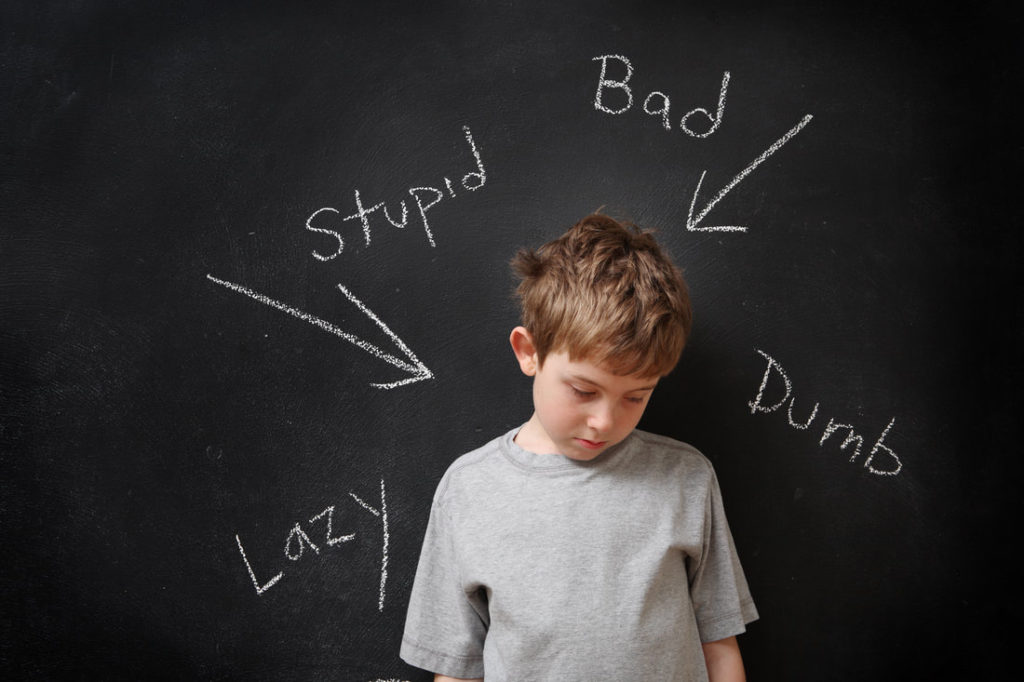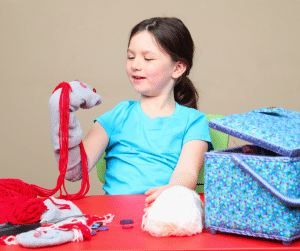Hindsight is a brilliant thing.
Years ago, as my passion for learning disabilities ignited, I began to reflect on my own learning style. As a wide-eyed and green Speech Pathologist tackling learning disabilities, I quickly realised that the journey is as rewarding and fulfilling as it is tumultuous and emotional. You are embedded into these kids’ lives. Providing fundamental, consistent opportunities to propel them forward in their learning, their confidence, and essentially, the happiness of not only them, but their families as well.
Developing a deep understanding of what learning difficulties look like and how they manifest in a child’s behaviour made me realise that I had learning difficulties of my own during school and university. I was a high-functioning A grade student whose marks spiralled down to B’s and C’s in year 11 and 12. All these years later I can clearly see that my inattentive nature, paired with my teachers stepping back and encouraging self-motivation, was enough to see me almost fail a chemistry exam. Whilst my parents, my teachers and even myself, thought that my grades plummeting was a result of me being “lazy”, I was devastated, and started to think that I mustn’t be very smart after all.
I began to resent my chemistry teacher and withdraw from doing any homework. She eventually called my parents after I became so frustrated with her for not being able to explain something to me. This frustration – my outburst, was a behaviour. A behaviour associated with my learning. Why did I behave like this? Simply because I didn’t understand.
If that was my experience, just imagine what our kids with more severe learning difficulties must endure every day.
The truth is, kids don’t hate learning. They LOVE learning. They only hate learning when they are made to feel inadequate or stupid, when they can’t succeed or, when they don’t understand. When you don’t understand something, your natural reaction is to reject it (just like my chemistry homework). Kids who don’t understand things… whether it be maths, reading, games or even a conversation in the playground, then REACT to those situations. Their reaction is a behaviour. Their behaviour might be to withdraw, or it may manifest into aggressive, hyperactive or impulsive actions. The latter are generally seen as a higher priority for parents and institutions.
Therefore, one of the first questions that I ask a parent or teacher is, “What is your child’s behaviour like at school and in the classroom?” We Speech Pathologists can tell more about a child’s learning difficulties from their behaviour, than from their school marks.
I can hear you thinking, WHAT?
Behaviour is a reflection of learning. This is evidenced by the fact that 50% of male teenage offenders have a language impairment. These boys are therefore unable to understand or express themselves as we can. Their frustrations and learning difficulties have contributed to aggressive and antisocial behaviours that land them in prison.
And how to we respond to these boys? We treat the behaviour using detention centres, we rarely support or treat the learning difficulty that has contributed to or caused the behaviour.
It’s madness.
Rather than lumping kids with certain behaviours into a box and leaving them there for their entire schooling career, let’s start to think about why they could be behaving in that way.
THEN, DO SOMETHING ABOUT IT.
If your child acts out in the classroom, forgets to take turns or impulsively speaks or acts without thinking, they are likely having difficulty; attending to task, learning in the classroom, or learning important social rules. They could possibly have attention or working memory difficulties and are unable to self-monitor their actions and thoughts as we do.
If your child withdraws from tasks and games or refuses to interact with people outside of their comfort zone, they probably don’t understand the rules of the game, or don’t understand conversations very well.
The list of behaviours could go on forever.
It is only reasonable to see that the impulsive child who cannot remember social cues in the playground, transitions into the impulsive student who cannot follow instructions, remember concepts or learn in the classroom. Social skills are complex language skills, and difficulties in this area are usually indicative of difficulties spread across every aspect of the child’s life and learning.
When a behaviour stems from a learning difficulty, the solution is to treat the learning difficulty. This could be their literacy, social communication, vocabulary or language! There is nothing in the world more rewarding than working with a child and watching as their negative behaviours improve, then slowly disappear.
If you empower a child with the tools they need to be confident, their behaviour will improve. This is where Speech Pathologists come in, as every child needs literacy and language tools in their toolbox.
We don’t need our kids to be rocket scientists. We need them to be happy and confident in their learning, and their behaviour will reflect that.







